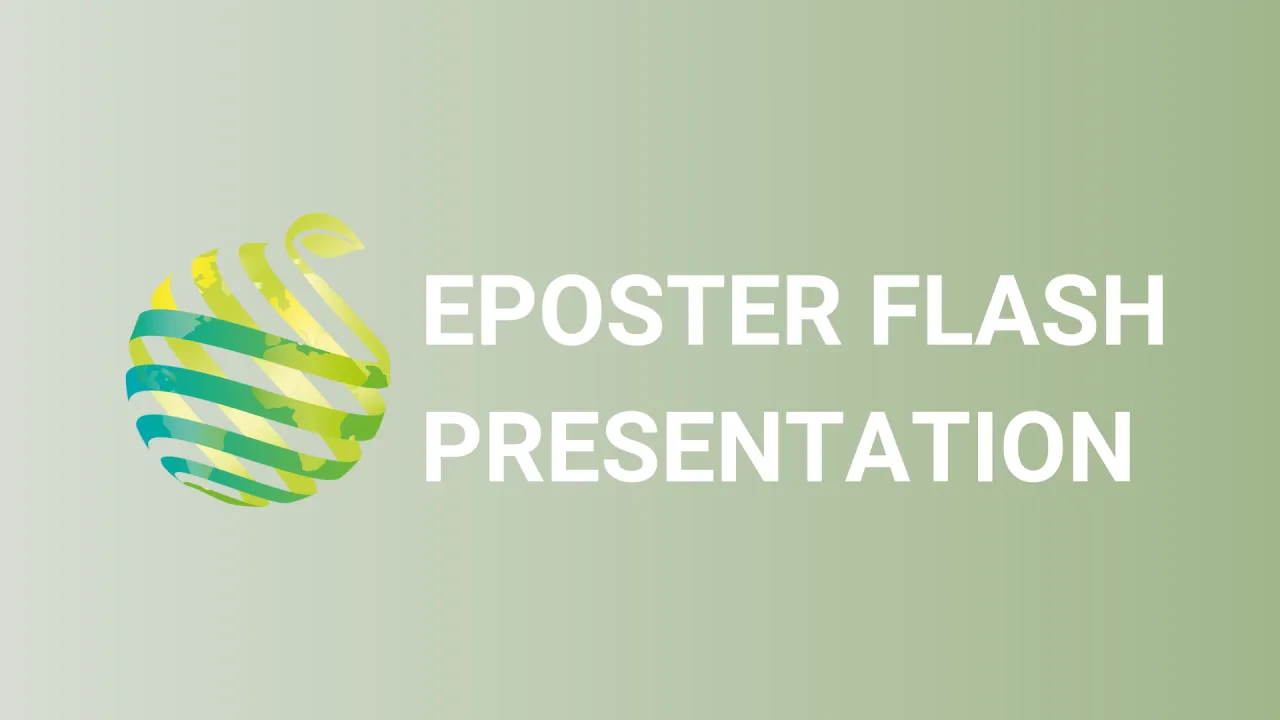

S23 - Session P11 - An exploratory study of lacto-fermentation practices in Moldova
Information
Authors: Daniel Kalnin *, Marc Oswald, Marine Durrenwachter, Morgane Ravaillault, Chloé Latapie, Augustine Remy, Mélissa Leroux, Elisa Fage
The present study was conducted in Moldova, a country where lacto-fermentation is a widespread tradition. Consumption habits and processing practices of lacto-fermented vegetables were sampled through semi directive interviews, recipes collection, observations and in-loco tasting. Lacto-fermentation has played an important role in vegetable conservation, as it allows the transformation and preservation of a large amount of vegetables that would otherwise be discarded. Vegetable lacto-fermentation, alongside other types of fruits and vegetables preservation methods (e.g. vinification), has been a key element the basis of autosubsistance in rural Moldovan territories for a long time. The study includes 4 main areas, 31 interviews and 16 samples of fermented vegetables. The main lacto-fermented vegetables investigated are cabbage Brassica oleracea L. , tomato Solanum lycopersicum L. and gherkin Cucumis sativus . Cabbageis fermented in barrels, while tomatoes and gherkins in jars. A wide variety of recipes was analysed, which differed both in terms of amount of salt and seasonings used. In Moldova, fermented vegetables are consumed both as a side dish in everyday diet and in special occasions (e.g. religious celebrations). The described practices are at the heart of a body of knowledge that has been passed on, mostly by the elders, and can undoubtedly be considered as a specific n essential part of Moldovan culture.Starting from this pilot project, lacto-fermentation could be studied at a larger scale and adapted to different contexts as it might lead to a decrease in vegetables post-harvest waste. In parallel, another study targeting the history of Moldovan cuisine could be carried out to assess the evolution of lacto-fermentation practices.